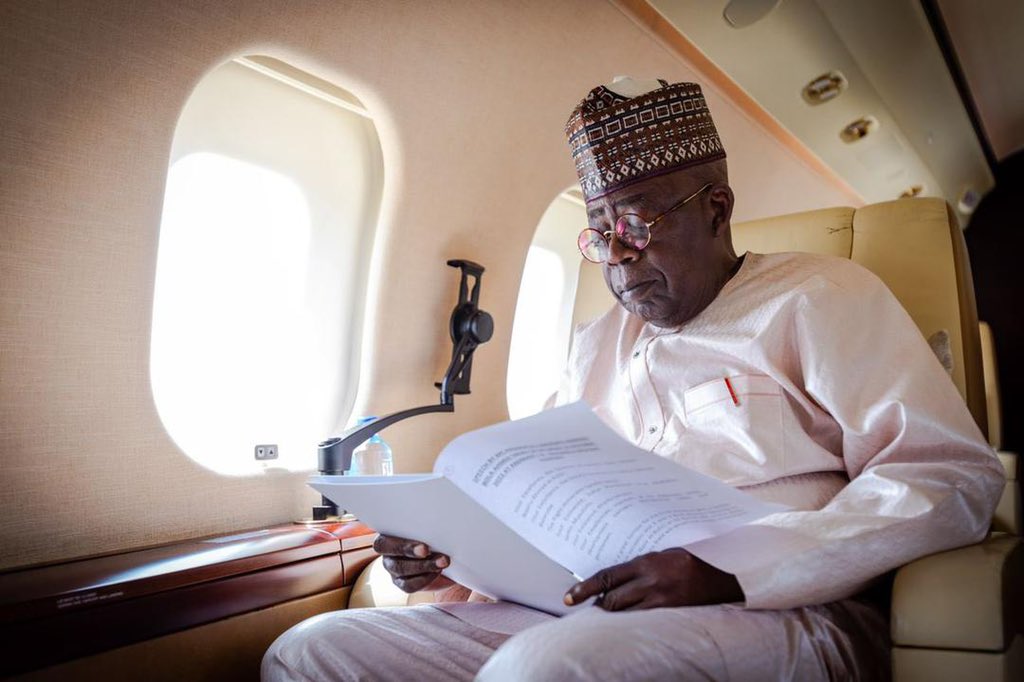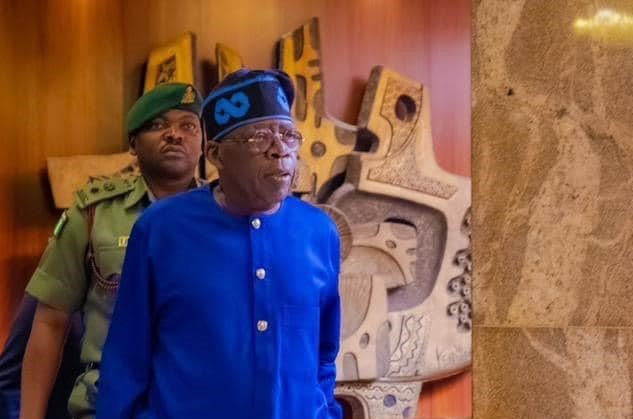The socio-economic menace called brain drain is one that has hit some critical sectors like health, ICT (Information and Communication Technology), and education, in Nigeria so much that, it is beginning to tell on the quality of their respective service delivery.
According to The African Report, no fewer than 2,000 medical doctors left Nigeria between 2021 and 2022, according to the Nigerian Association of Resident Doctors (NARD), and nearly nine out of 10 currently practising in Nigeria are planning to emigrate.
The report went further to state that, “at least, 9,000 Nigerian doctors moved to the United Kingdom, United States, and Canada between 2016 and 2018”.
The story is no different in the information and communication technology (ICT) sector. Recently, Emmanuel Otori, the chief executive officer of Abuja Data School, Nigeria, told SciDev.Net that once many of the talents (who come to learn from the school) gather enough skills, they migrate out of the country, searching for the proverbial greener pastures. Lately, the “Japa” (a Yoruba lingo that translates to escape) phenomenon gained traction as an instrument of escape from the prevailing socio-economic hardship in the country. The prevalence of the “Japa” syndrome among some ICT gurus in the Nigerian banking sector was reported to have been responsible for the glitches we now experience on electronic banking platforms in Nigeria because there have not been effective replacements for them.
Advertisement
Do I need to bore you with the horrible statistics of brain drain in our tertiary institutions? I guess not. The figures are as alarming as (if not more than) those of the health, and other sectors. Go to the US, the UK, Canada, Australia, South Africa even Ghana, you’d find some of Nigeria’s best brains lecturing in their schools.
Go to the boardrooms of some multinationals in the US and Europe; you’d see Nigerians in charge, running things with a high level of expertise that is very rare in the labour market. What about international organisations like the UNO, IMF, IBRD, World Trade Organisation, AfDB, etc.? Nigerians occupy very strategic positions in those organisations. One would now begin to wonder why are they not working in, and for, Nigeria, for nation-building purposes. The reason is not far-fetched. The environment back home is not conducive enough to be a motivating factor for them to want to stay back and work here. Poor remuneration, and welfare package. Harsh socio-economic conditions will be a “push factor” even if the working environment is relatively conducive. The rate of inflation is doing serious violence to people’s income and livelihood. So, why stay in such an environment when opportunities for better pay and to live a good life beckon abroad? These summarise the situation and are not good for national development.
Migration, especially, the labour-related one, is as old as mankind. Right from the days of hunting and gathering, man has constantly been on the move, searching for the proverbial greener pastures. But when it has become so much that it begins to affect service delivery, and by extension, the economy, in the country of origin, it turns into a phenomenon called “brain drain”. Otherwise, there is nothing wrong with labour migration in itself as it could be an avenue for the transfer of knowledge and technology, especially, by the time the emigrants return to the country. Their wealth of experience would be of immense benefit to the country by the time they return to contribute their quotas toward national development. But we can, or should, only export after we must have satisfied local (national) needs. As a “Third World country”, we cannot continue to run a heavily subsidised educational system, producing medical doctors, engineers, accountants, and pharmacists who will later go and serve a society that didn’t contribute a dime in whatever form to their academic upbringing.
Advertisement
Now that the baton of leadership has changed hands in Aso Rock with President Bola Ahmed Tinubu taking over, there are many important tasks he needs to, as a matter of urgent national importance, embark upon. And to embark on any of these projects, there must be in place, the required manpower — a high-level one at that. This points us in the direction of what needs to be done first. Where does Tinubu source the high-level manpower to help in executing his policies and programs with the current rate of labour-related emigration? Something must, therefore, be done to stem the tide.
Deliberate policy must be put in place, to attract, and retain the best of Nigerian brains, some, if not most, of whom are either outside of the country already or are preparing to “japa” (emigrate) as we speak. When talent or expertise is not getting adequately rewarded, it tends to search for and move to where it would be appropriately rewarded. It is no rocket science. The president must, therefore, put in place, a system that ensures that the reward for each category of work is globally competitive such that it would be seen as a waste of time for any Nigerian to export his skill/talent to countries, some of whom are not as endowed as Nigeria is in terms of natural resources.
There must be an irresistibly improved salary package for the different categories of professionals that the UK, Canada, Australia, the US, and other countries of destination are baiting from Nigeria. We need the best of our fintech gurus, for instance, to drive a truly cashless economy (not the punitive type the CBN governor, Godwin Emefiele, imposed on Nigerians recently). We need our best hands in the medical field to jump-start our moribund health sector. The same goes for power, petroleum, aviation, education automobile, and other critical sectors that are crying for attention.
For those who may not know or have forgotten, illustrious Nigerians who are known globally to be superstars in their respective chosen fields, like Dr. (Mrs.) Ngozi Okonkwo-Iweala, Dr. (Mrs.) Oby Ezekwezili, Professor Charles Chukwuma Soludo, Dr. Femi Adeshina, Jelani Aliyu, among others, were deliberately headhunted by previous administrations. They came, acquitted themselves, and have since returned to the international scene where they cut their professional teeth. There are hundreds of them out there doing well for themselves and making waves at the highest level. There is, therefore, nothing wrong if President Tinubu follows the same line while at the same time, trying to discourage local talents from emigrating, not through the fascistic law (aimed at forcing medical doctors from leaving the country until after five years of graduation) being proposed by the outgoing 9th national assembly. There is absolutely no need for such an obnoxious law to keep Nigerian brains within Nigeria.
Advertisement
All the government and other employers of labour need to do is obey the extant law of contract which governs the relationship between employers and employees. Most of the medical personnel leaving the country do so after growing tired of being owed something as basic as salary and allowances. Most of the time, they would have to embark on strikes without the government honouring its obligations as stipulated by the term of their employment contract. Where is it done? Meanwhile, all that needs to be done is to just honour the terms and conditions of their service, both in spirit and letter. Do this simple thing and watch medical doctors and other professionals stay back in the country to contribute their quota towards national development.
No matter how good and elaborate a government policy is, if those who are to do the implementation lack the requisite knowledge, it will turn out a monumental disaster. An example of this is the privatisation of the power sector. The moment Professor Barth Nnaji was kicked out of the scheme due to reasons he might not be totally innocent of, everything that could go wrong with such a project went wrong. The federal government was short-changed as the power holding company was grossly undervalued and sold at a ridiculously low price. But I think that was not down to a dearth of technical know-how alone. It was also due to greed and lack of patriotism for those who represented the government and by extension, the people of Nigeria, during negotiations.
President Tinubu, the ball is in your court.
Abubakar writes from Ilorin. He can be reached via 08051388285 or [email protected]
Advertisement
Views expressed by contributors are strictly personal and not of TheCable.
Add a comment







